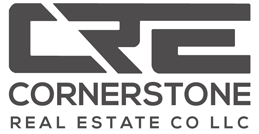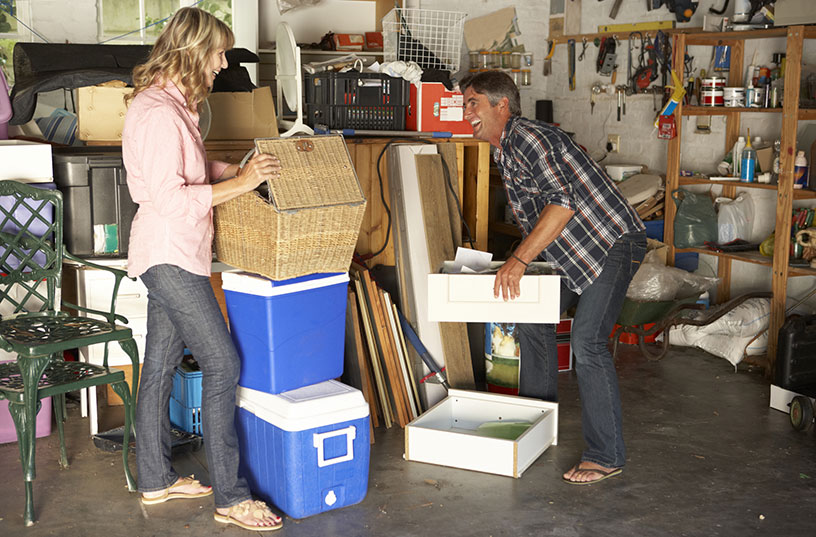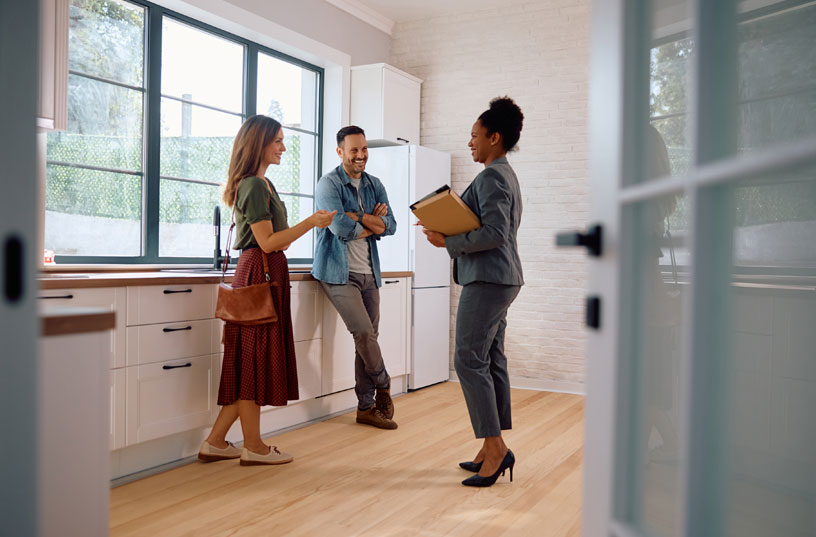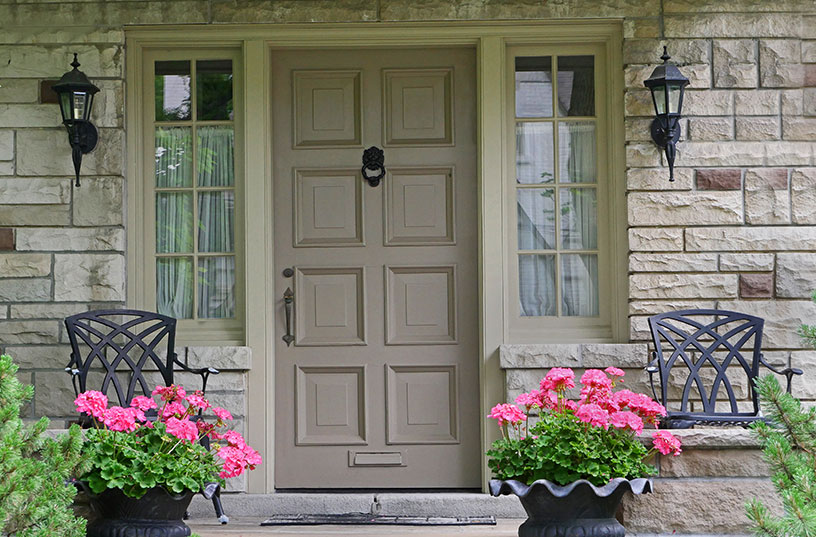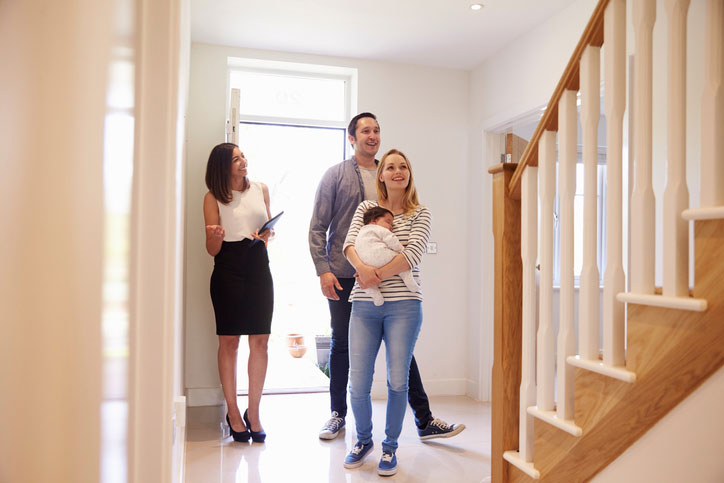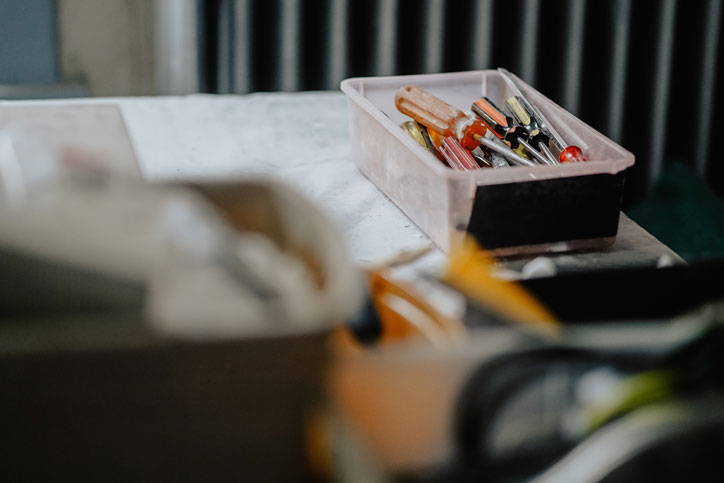Welcome to 2025! Are you one of the 40% of Americans that made New Year’s resolutions? If so, you might be dismayed to learn that an estimated 80% of those resolutions will likely fail – approximately 23% will be abandoned in the first week! Some of the reasons why people break their resolutions include setting unrealistic goals, not creating a plan, and lack of motivation. (We’ve all been there.)
The most common resolutions revolve around healthier habits, such as dieting and exercise. While these goals are great, we’d like to suggest something a bit different – and perhaps, easier to accomplish! Why not make 2025 the year you get your home organized?
Benefits of Organizing Your Home Before Listing
Having an organized home, free of clutter, is a great way to start off the new year for everyone, but it’s especially important if you plan on selling your home in 2025. In fact, an organized “well-presented” home can be the deciding factor for potential buyers. Studies have found that clutter can “significantly impact a potential buyers’ perceptions and emotions, often triggering feelings of chaos and discomfort.” The bottom line: a decluttered home will typically sell faster and for more money.
Decluttering and organizing your home before listing can:
Make it look larger. A house filled with clutter, or even oversized furniture and an overabundance of personal belongings, can make rooms seem cramped and unappealing. Even large, open floor plans can seem small when crowded with miscellaneous items.
Increase the perceived value of your home. Even if your house is clean and tidy, excess items and clutter can give the perception that a home has not been well-maintained, reducing the perceived value. Meanwhile, an organized, clutter-free home can look cared for and “high end.”
Keep buyers from getting distracted. While you may love every item in your home, potential buyers are trying to assess the house without your belongings. They can be easily distracted by personal items and clutter. So, instead of noticing great features like lovely crown molding, new countertops, or fresh paint, they are focused on all the “stuff.”
Help buyers visualize themselves in the space. Remember, potential buyers are trying to visualize the house with their own belongings and personal décor. When your home is cluttered, it makes it difficult for most people to see it as “neutral” space that they can make their own.
Tips for Decluttering and Organizing Your Home
If you have excess personal belongings (ahem, clutter), it can be overwhelming to even think about decluttering and organizing. That’s why experts recommend starting small and beginning the process months before you list your home. Before you start, it’s wise to make a plan or decluttering checklist. Having a checklist can help you stay on track and manage your time. Other tips include:
Take out the Trash. Removing trash is the easiest place to start. Grab a trash bag and walk through each room throwing away anything that’s broken, damaged, or actual trash.
Start small. Choose one room or area at a time. You may even choose to start with one closet or drawer to ease yourself into the process.
Create piles. Once you’ve picked a room or space to tackle, start creating three piles or boxes: one of things to keep, one of things to donate, and one of things to throw away. This can be difficult, we know, because many items have sentimental value. It can be helpful to look at each item and ask “Is this meaningful, useful, or useless?” Resist the urge to hold onto items to pass to the next generation unless you’ve asked your heirs if they want these things. It’s best to have these conversations before the packing and moving process.
Create a home for everything. Every item should have a spot where it “lives.” For instance, all tools should be kept in one toolbox, not scattered in junk drawers around the house. Keys might be kept in one bin or on a rack by the door. Finding homes for all like items may require buying new bins or storage boxes. If you can’t find a “home” for an item, it probably means you don’t need it.
Use organizers and storage solutions. Clutter often accumulates when there is no system or dedicated space for things. Even if you have a lot of cabinets, drawers, and closets, if those spaces aren’t organized, they can quickly become cluttered. First take an inventory of the types of items in each space and then consider the best products to keep them organized, such as storage cubes or baskets, shelf dividers, containers to corral small items, or closet organizers.
Stick to the “one in, one out” rule. Once you’ve decluttered and gotten organized, it’s important to keep it that way. Decluttering isn’t a one-time task; it’s an ongoing process. So, if you buy something new, consider getting rid of something else. Avoid having duplicate items.
Consider Professional Help
If the thought of decluttering and organizing is paralyzing you into doing nothing, don’t despair! There are professional organizers who can help you declutter and organize your home. The average cost is about $450, depending on the size of your home and the scope of the job.
The Time is Now
Let’s face it, we all have junk (ahem, clutter) around the house. It’s easy to accumulate, but often difficult to get rid of! One survey found that unwanted clutter in the house caused nearly half of respondents to feel stressed. So, it’s no surprise that most people who “declutter” find they feel less frazzled and enjoy having an organized home. Whether you’re planning on selling your home this year, or years down the road, now is a great time to get organized!
